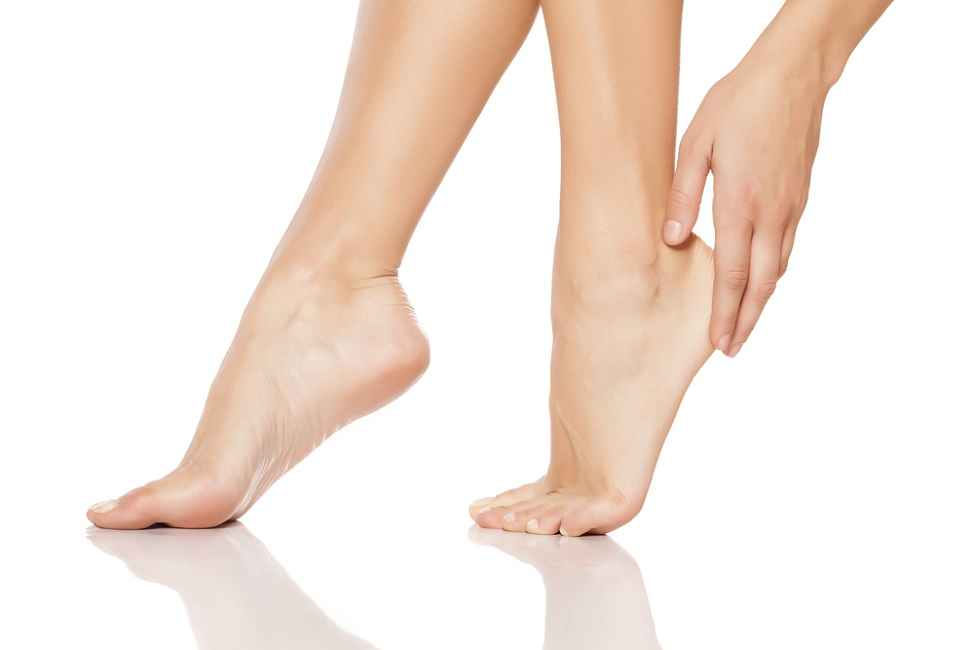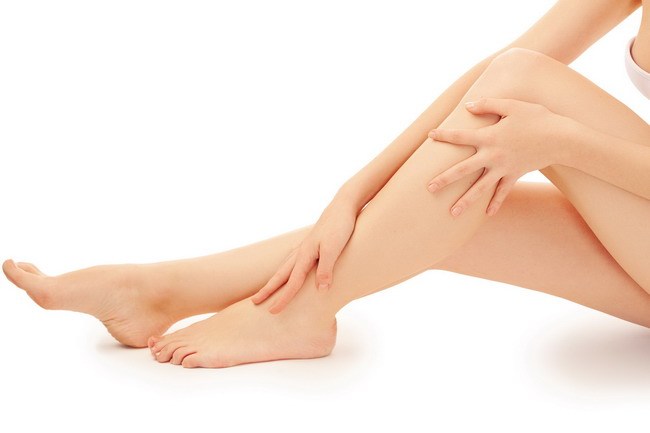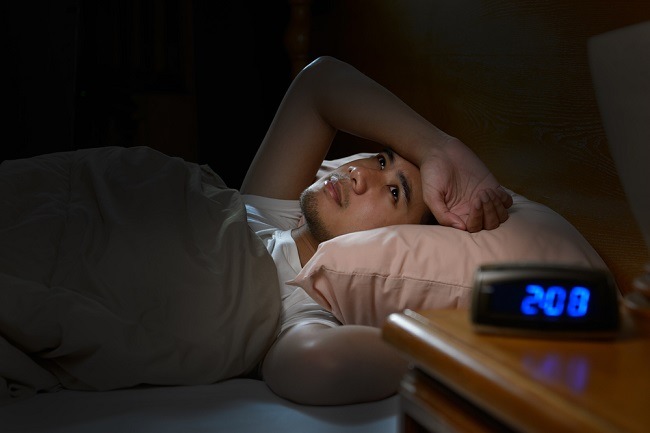Hydroxyzine is a medication to relieve allergy symptoms, such as itching, runny nose, allergies, or hives. OThis drug can also be used in the treatment of anxiety disorders.
Hydroxyzine works by inhibiting the action of histamine, a natural substance that causes allergy symptoms when the body is exposed to allergens (allergy-triggering substances). This drug belongs to the class of first-generation antihistamines. This drug is available in tablet and syrup form.

hydroxyzine trademark: Bestalin
What is Hydroxyzine
| group | Prescription drugs |
| Category | Antihistamines |
| Benefit | Relieves allergy symptoms and can be used in the treatment of anxiety disorders |
| Consumed by | Adults and children |
| Hydroxyzine for pregnant and lactating women | Category C: Animal studies have shown adverse effects on the fetus, but there are no controlled studies in pregnant women. Drugs should only be used if the expected benefit outweighs the risk to the fetus. Hydroxyzine is not known to be absorbed into breast milk or not. If you are breastfeeding, do not use this medicine without consulting your doctor first. |
| Drug form | Tablets and syrup |
Warnings Before Taking Hydroxyzine
There are several things you should pay attention to before taking hydroxyzine, including:
- Do not take hydroxyzine if you are allergic to this drug. Tell your doctor about any allergies you have.
- Tell your doctor if you have or have had chronic obstructive pulmonary disease (COPD), hypertension, kidney disease, liver disease, seizures, intestinal obstruction, hyperthyroidism, enlarged prostate gland, arrhythmia, epilepsy, glaucoma, heart disease, or electrolyte disturbances.
- Do not drive a vehicle or do activities that require alertness, after taking hydroxyzine, as this medicine may cause drowsiness, dizziness, and blurred vision.
- Do not drink alcoholic beverages while you are taking hydroxyzine, as this increases the risk of side effects.
- Talk to your doctor about the safety and risk of side effects from hydroxyzine in the elderly.
- Tell your doctor if you are pregnant, breastfeeding, or planning a pregnancy.
- Tell your doctor if you are taking certain medications, supplements, or herbal products.
- See your doctor right away if you have an allergic drug reaction, serious side effect, or overdose after taking hydroxyzine.
Dosage and Rules for Use of Hydroxyzine
The dose of hydroxyzine given by the doctor depends on the condition to be treated as well as the body's response and the age of the patient. Here is the explanation:
Purpose: Relieves allergy symptoms
- Mature: 25 mg, 3-4 times daily.
- Children aged < 6 years: 50 mg per day divided into 4 doses.
- Children >6 years old: 50–100 mg per day in 4 divided doses.
Purpose: Treating anxiety disorders
- Mature: 50–100 mg per day in divided doses.
How to Take Hydroxyzine Correctly
Take hydroxyzine as directed by your doctor and always read the instructions for use listed on the medicine package. Do not reduce or increase the dose without consulting your doctor first.
Hydroxyzine can be taken before or after meals. If you are taking hydroxyzine in tablet form, use plain water to swallow the tablet. If hydroxyzine syrup is prescribed, shake it well before taking it. Use the measuring spoon provided in the hydroxyzine syrup package for a more precise dose.
If you forget to take hydroxyzine, take it as soon as you remember. If it is near the time of your next dose, ignore the missed dose and do not double the dose of hydroxyzine.
Store hydroxyzine in a place away from direct sunlight. Keep this medicine out of reach of children.
Hydroxyzine Interactions with Other Drugs
There are several interactions that can occur if hydroxyzine is taken with certain drugs, including:
- Increased risk of arrhythmias if taken with quinidine, amiodarone, haloperidol, escitalopram, mefloquine, levofloxacin, prucalopride, methadone, or vandetanib
- Increased risk of side effects such as central nervous system depression when used with opioids, barbiturates, sedatives, anticonvulsants, muscle relaxants, or anesthetics
- Enhanced antimuscarinic effect of tricyclic antidepressant drugs, anticholinergic drugs, or MAOIs
- Increased levels of hydroxyzine when used with cimetidine
- Inhibited effect of epinephrine
- The occurrence of opposite effects with betahistine
- Disguise the ear damage effect of aminoglycosides
Side Effects and Dangers of Hydroxyzine
Some of the side effects that can occur after taking hydroxyzine are:
- Headache
- Drowsiness
- Dizzy
- Blurred vision
- Constipation
- dry mouth
Check with a doctor if the complaints mentioned above do not go away or get worse. See your doctor right away if you have an allergic reaction to a drug or experience more serious side effects, such as:
- Tremor
- Difficult to urinate
- Fast or irregular heartbeat
- Very heavy dizziness
- Seizures
- Faint
- Hallucinations, confusion, or excessive tiredness









